News
Dangote refinery insists international oil companies are frustrating its crude supply demands

Nasiru Yusuf Ibrahim
The Management of Dangote Industries Limited (DIL) has commended the Nigerian Upstream Petroleum Regulatory Commission (NUPRC) for its various interventions in the oil company’s crude supply requests from International Oil Companies (IOCs), and for publishing the Domestic Crude Supply Obligation (DCSO) guidelines to enshrine transparency in the oil industry.
KANO FOCUS reports that the Vice President, of Oil & Gas, Dangote Industries Limited, Mr. DVG Edwin however said: “If the Domestic Crude Supply Obligation (DCSO) guidelines are diligently implemented, this will ensure that we deal directly with the companies producing the crude oil in Nigeria as stipulated by the PIA.”
Edwin insisted that IOCs operating in Nigeria have consistently frustrated the company’s requests for locally produced crude as feedstock for its refining process.

He highlighted that when cargoes are offered to the oil company by the trading arms, it is sometimes at a $2-$4 (per barrel) premium above the official price set by NUPRC. “As an example, we paid $96.23 per barrel for a cargo of Bonga crude grade in April (excluding transport). The price consisted of $90.15 dated Brent price + $5.08 NNPC premium (NSP) + $1 trader premium. In the same month, we were able to buy WTI at a dated Brent price of $90.15 + $0.93 trader premium including transport. When NNPC subsequently lowered its premium based on market feedback that it was too high, some traders then started asking us for a premium of up to $4m over and above the NSP for a cargo of Bonny Light”
“Data on platforms like Platts and Argus shows that the price offered to us is way higher than the market prices tracked by these platforms. We recently had to escalate this to NUPRC”, Edwin said and urged the regulatory commission to take a second look at the issue of pricing.
Edwin’s response came against the background of a statement by the Chief Executive Officer of NUPRC, Engr. Gbenga Komolafe, in an interview on ARISE News TV said that “it is ‘erroneous’ for one to say that the International Oil Companies (IOCs) are refusing to make crude oil available to domestic refiners, as the Petroleum Industry Act (PIA) has a stipulation that calls for a willing buyer-willing seller relationship.”
Edwin noted that “The NUPRC has been very supportive to the Dangote Refinery as they have intervened several times to help us secure crude supply. However, the NUPRC Chief Executive was probably misquoted by some people hence his statement that IOCs did not refuse to sell to us. To set the records straight, we would like to recap the facts below.
“Aside from Nigerian National Petroleum Corporation Limited (NNPCL), to date, we have only purchased crude directly from one other local producer (Sapetro). All other producers refer us to their international trading arms.
“These international trading arms are non-value adding middlemen who sit abroad and earn margin from crude being produced and consumed in Nigeria. They are not bound by Nigerian laws and do not pay tax in Nigeria on the unjustifiable margin they earn.
“The trading arm of one of the IOCs refused to sell to us directly and asked us to find a middleman who would buy from them and then sell to us at a margin. We dialogued with them for 9 months and in the end, we had to escalate to NUPRC who helped resolve the situation,” Edwin stated.
According to him, “When we entered the market to purchase our crude requirement for August, the international trading arms told us that they had entered their Nigerian cargoes into a Pertamina (the Indonesia National Oil Company) tender, and we had to wait for the tender to conclude to see what is still available.
“This is not the first time. In many cases, particular crude grades we wish to buy are sold to Indian or other Asian refiners even before the cargoes are formally allocated in the curtailment meeting chaired by NUPRC.
“However, we would like to urge NUPRC to take a second look at the issue of pricing. NUPRC has severally asserted that transactions should be on a willing seller / willing buyer basis. The challenge however is that market liquidity (many sellers / many buyers in the market at the same time) is a precondition for this. Where a refinery needs a particular crude grade loading at a particular time then there is typically only one participant on either side of the market.
“It is to avoid the problem of price gouging in an illiquid market that the domestic gas supply obligation specifies volume obligation per producer and a formula for transparently determining pricing. The fact that the domestic crude supply obligation as defined in the PIA has gaps is no reason for wisdom not to prevail”, Edwin stated.

Headlines
Kano business community thanks FG for N5bn Singer market relief
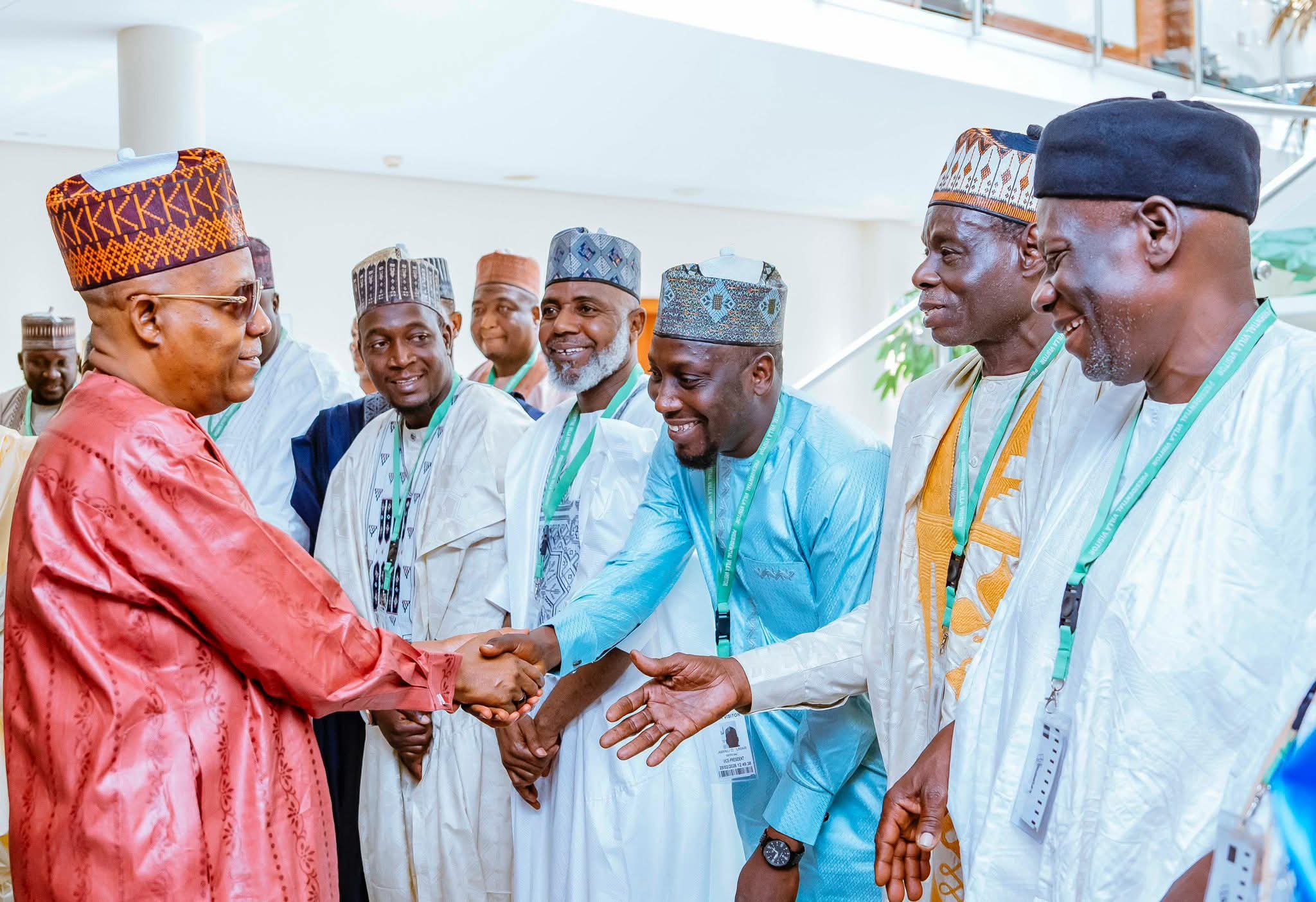
Nasiru Yusuf Ibrahim
Nigeria’s Vice President, Kashim Shettima, on Tuesday received a delegation from the Association of Kano Business Community at the Presidential Villa, Abuja, during a thank-you visit to President Bola Ahmed Tinubu.

KANO FOCUS reports that the delegation expressed appreciation to the Federal Government for its support to traders and other victims affected by the recent fire incident that razed several sections of the popular Singer Market in Kano.
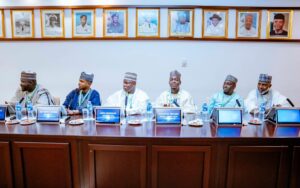
Speaking during the meeting, the Vice President reaffirmed the Federal Government’s commitment to collaborating with the Kano State Government and relevant agencies to prevent a recurrence of fire outbreaks in markets across the state.
He assured the delegation that President Tinubu has the interests of Kano people at heart, noting that the N5 billion approved as immediate relief for victims was based on the findings of a preliminary assessment of the damage caused by the inferno.
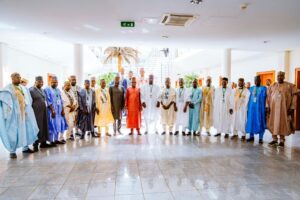
Shettima reiterated that the Federal Government would continue to support efforts aimed at restoring commercial activities and strengthening safety measures in markets to protect lives and property.

Headlines
Kano Govt inaugurates 23-member committee to disburse Singer market fire relief
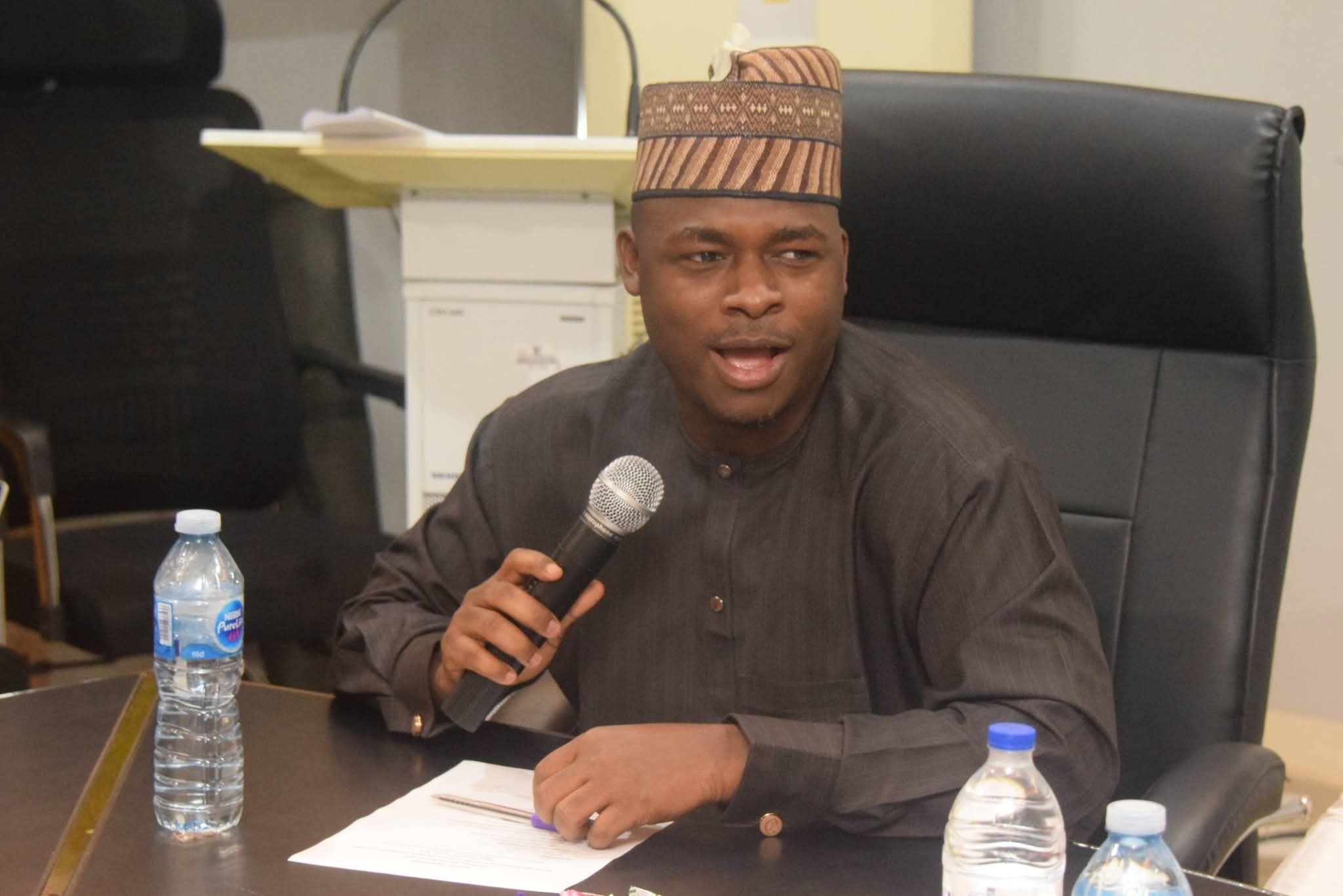
Nasiru Yusuf Ibrahim
The Kano State Government has inaugurated a 23-member committee to oversee the transparent and equitable distribution of financial assistance and relief materials to victims of the recent Singer Market fire disaster.

KANO FOCUS reports that the inauguration was carried out on behalf of the Secretary to the State Government, Umar Faruq Ibrahim, who chairs the committee. The event was presided over by the state Attorney-General and Commissioner for Justice, Abdulkarim Kabiru Maude.
According to the Attorney-General, the committee comprises representatives from key government agencies, security services, the Kano Emirate Council, religious leaders, and affected traders.
He said the panel’s mandate includes assessing the extent of losses, verifying genuine victims, ensuring timely distribution of support, and recommending measures to prevent future fire incidents.
The intervention follows support approved by President Bola Ahmed Tinubu, as well as contributions from the APC Governors Forum. It also comes in addition to earlier assistance provided by Governor Abba Kabir Yusuf and the Deputy Senate President, Barau I. Jibrin.
The state government reaffirmed its commitment to supporting victims of the disaster and restoring commercial activities at Singer Market.

Headlines
Kano Govt announces March 1 for schools’ Ramadan break
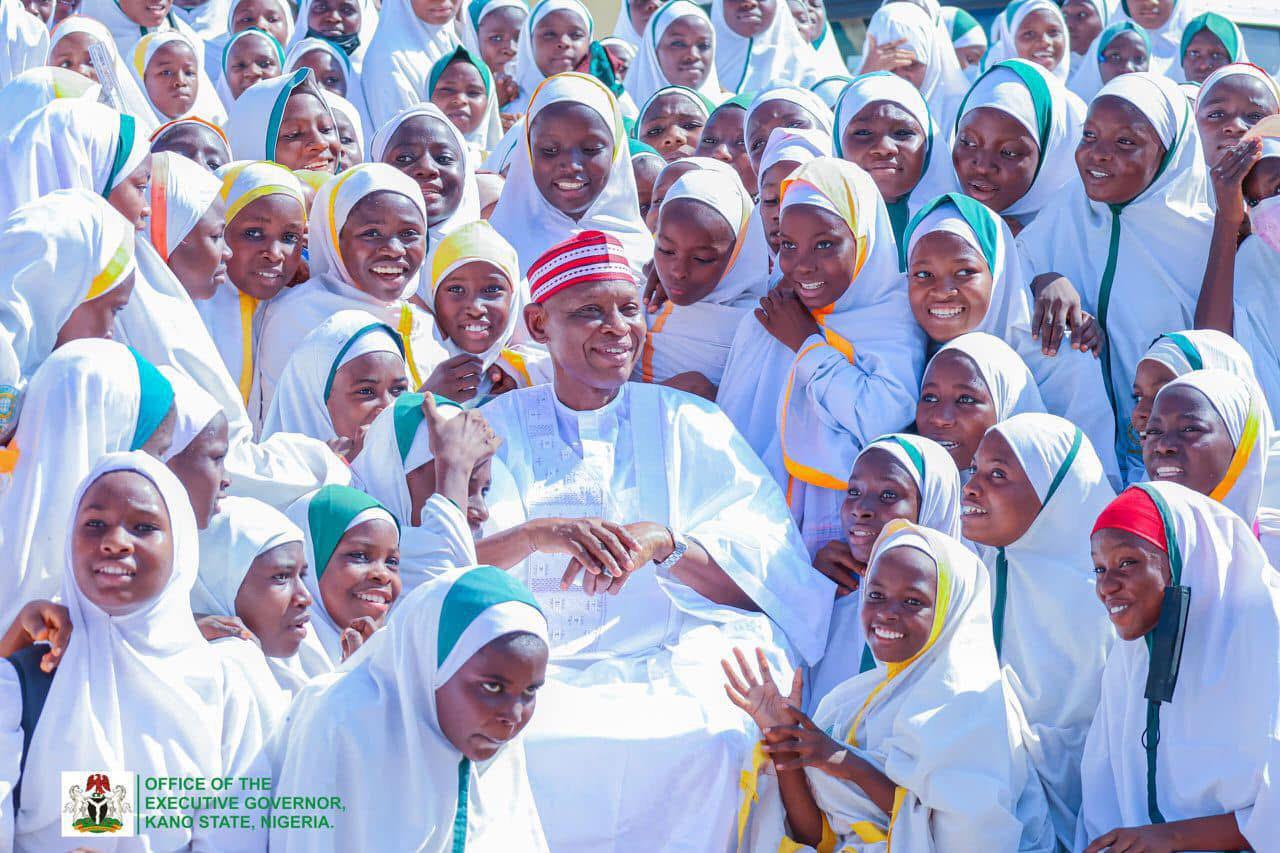
Nasiru Yusuf Ibrahim
The Kano State Government has announced Saturday, March 1, 2026, as the commencement date for the Eid-el-Fitr break for all public and private primary and post-primary schools in the state.

KANO FOCUS reports that the announcement, contained in the approved 2025/2026 academic calendar, applies to both day and boarding schools across the state.
According to a statement issued by the Director of Public Enlightenment, Musbahu Aminu Yakasai, parents and guardians of pupils and students in boarding schools are expected to convey their wards home by the early hours of Friday, February 28, 2026.
The statement further explained that boarding school students are to resume on Sunday, March 22, 2026, while day students are to resume on Monday, March 23, 2026.
It added that the second term will continue from Sunday, March 22, 2026, and end on Saturday, April 18, 2026.
The government directed all public and private schools in the state to comply strictly with the directive, warning that non-compliance would be treated as a breach of government instructions.
The Commissioner for Education, Ali Haruna Abubakar Makoda, urged parents and guardians to ensure full compliance with the approved resumption dates.
He appreciated parents and residents of the state for their continued cooperation and support to the ministry, and wished pupils and students a successful completion of the Ramadan fast and hitch-free Sallah celebrations.












